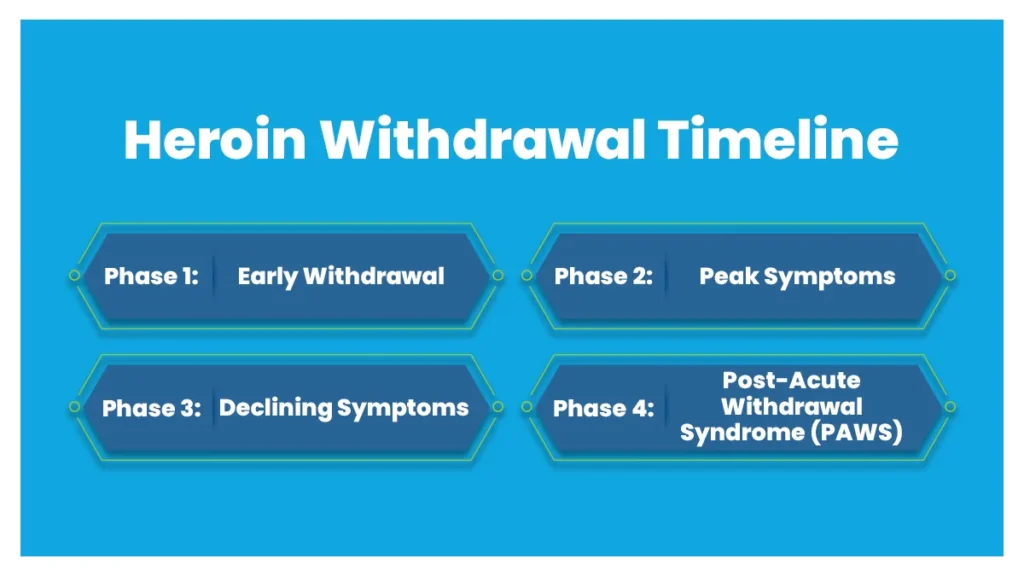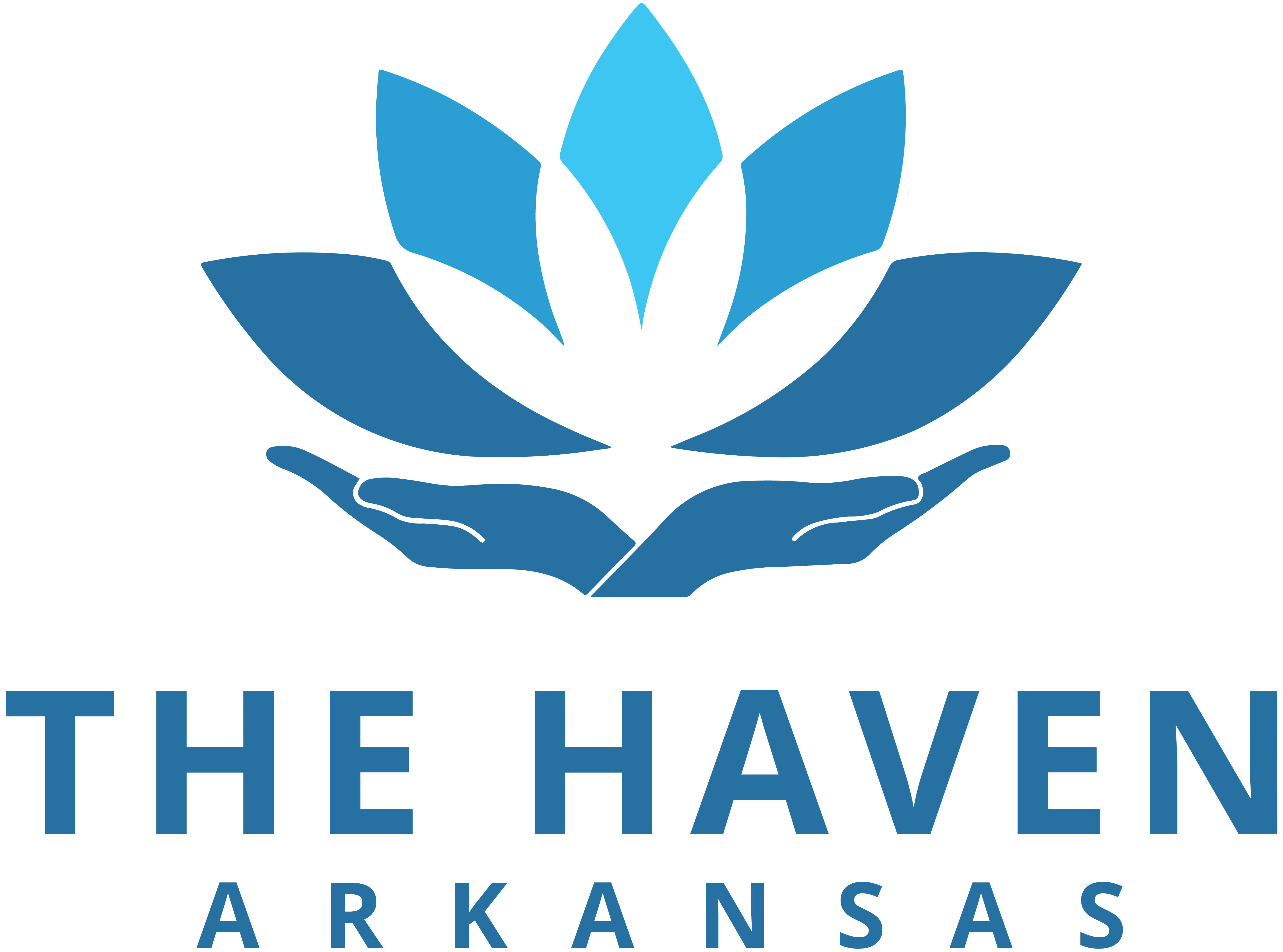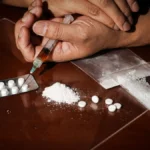Heroin is a potent, illegal drug that affects the brain and body. A heroin addiction creates a chemical dependence on the drug, making it difficult to function without it. Withdrawal happens when someone stops using heroin, causing anxiety, sweating, and muscle aches.
With intense cravings, nausea, and insomnia, heroin withdrawal can be difficult to manage and often ends in relapse. Medicines and support can help. Always seek medical advice for a safer withdrawal journey.
Key Takeaways
Heroin is an illegal drug that affects the brain and body, and withdrawal occurs upon cessation of use. Here’s what you need to know:
- Learn how heroin alters the brain’s chemistry, leading to dependence and intense cravings.
- Detox is just the beginning, while ongoing counseling and therapy are integral.
- It’s essential to consider individual factors such as physiology, frequency of use, and mental health when determining the withdrawal timeline.
- Learn effective tactics for managing heroin withdrawal, including medication-assisted treatment, therapy, proper nutrition, and hydration.
The Haven Detox-Little Rock is a trusted treatment center providing comprehensive care and medical supervision to recover from heroin addiction. Call us at (501) 271-3342 to get a personalized treatment plan.
Heroin Addiction
Heroin addiction is a severe health issue in the United States. It occurs when individuals regularly use heroin, a powerful opioid. The drug alters the brain’s chemistry, leading to dependence.
People experience intense cravings and withdrawal symptoms, making it hard to quit. Addiction often starts with prescription opioids and progresses to heroin due to its similar effects.
Heroin use can result in overdose, affecting vital functions like breathing. Treatment involves medications and therapy to manage withdrawal and address underlying issues. Public awareness, education, and accessible support are crucial in combating this widespread problem.
Heroin and the Brain
Upon entry, heroin swiftly metabolizes into morphine, binding to opioid receptors in the brain. It triggers intense pleasure and slows critical functions. Continued use prompts the brain to demand more heroin, creating a cycle that hijacks the brain’s reward system, fueling addiction.
Heroin and the Body
Beyond affecting the brain, heroin significantly influences essential bodily functions. It depresses breathing and heart rate, posing overdose risks. Prolonged use leads to collapsed veins, damaged organs, and compromised immunity.
Heroin Detox
Heroin detox is the first step in overcoming addiction. It’s a process where the body rids itself of heroin while managing withdrawal symptoms. Medically supervised detox ensures safety and comfort. Experts may use medications to ease symptoms like nausea and cravings.
Detox alone is a partial treatment as it’s a starting point. After detox, ongoing treatment like counseling and therapy is crucial for recovery.
Detox programs vary from inpatient facilities to outpatient settings, allowing flexibility. Seeking professional help is required for a successful detox and the journey towards a drug-free life. Remember, detox is just the beginning of the recovery process.
Heroin Withdrawal Timeline

The heroin withdrawal timeline outlines the stages individuals may experience when discontinuing heroin use. Learning this timeline is essential for individuals seeking recovery and those supporting them. Here’s a concise guide to the key phases of heroin withdrawal.
- Phase 1: Early Withdrawal: Early withdrawal, lasting about a week, manifests with symptoms like anxiety, muscle aches, and sweating. It marks the body’s initial adjustment without heroin.
- Phase 2: Peak Symptoms: The most challenging phase, lasting 1-2 weeks, includes intense cravings, nausea, vomiting, and insomnia. Seeking medical help during this period is vital for adequate support.
- Phase 3: Declining Symptoms: Post-peak withdrawal symptoms gradually decrease over another one to two weeks. However, some symptoms may persist.
- Phase 4: Post-Acute Withdrawal Syndrome (PAWS): For some individuals, post-acute withdrawal syndrome (PAWS) occurs, involving mood swings and persistent low energy lasting months. Managing these lingering challenges is crucial in the recovery journey.
Factors Influencing the Withdrawal Timeline
The heroin withdrawal timeline varies due to several factors. Individual physiology plays a significant role, as each person’s body reacts uniquely to heroin cessation. The span and intensity of withdrawal symptoms depend on the length and frequency of heroin use. Higher usage often leads to more prolonged and intense withdrawal.
- Co-occurring mental health disorders (anxiety or depression) can influence the withdrawal experience. Additionally, the method of heroin use, whether injected, smoked, or snorted, impacts withdrawal.
- Environmental factors, like a supportive network or access to professional help, influence how individuals navigate withdrawal. Those with robust support systems may find the process more manageable.
The timeline for recovery from addiction can be affected by medical interventions, such as medications used to alleviate withdrawal symptoms. Seeking professional guidance and attending treatment programs contribute to a smoother withdrawal process, promoting a safer and more effective path to recovery.
Complications of Heroin Withdrawal
Heroin withdrawal, while essential for recovery, can lead to complications. Dehydration is expected due to sweating and vomiting. Malnutrition may occur as appetite decreases. Sleep disturbances and mood swings are typical but can escalate. Severe complications include seizures or heart issues, requiring medical attention. Mental health concerns, which are anxiety and depression, may intensify.
Withdrawal’s physical toll can lead to injuries, mainly if coordination is affected. Dehydration and malnutrition may worsen existing health conditions. Suicidal thoughts, though rare, demand immediate help. Seeking professional guidance minimizes risks. Medications can ease withdrawal and prevent complications.
It is essential to promptly identify any complications during the withdrawal process to ensure a safer journey. Adequate hydration, nutrition, and emotional support are vital. Always consult healthcare professionals for personalized advice during this challenging but manageable recovery phase.
Managing Heroin Withdrawal
Managing heroin withdrawal is an imperative aspect of the recovery process. We must learn successful tactics for navigating this difficult phase. Here’s how to help individuals and their support networks effectively manage the difficulties associated with heroin withdrawal.
- Medication-Assisted Treatment: Methadone or buprenorphine can assist by easing withdrawal symptoms and cravings in medication-assisted treatment. Strict management prevents substituting one addiction for another.
- Therapy and Counseling: Individual and group counseling addresses addiction’s root causes. Behavioral therapies facilitate the development of coping strategies, promoting enduring recovery.
- Proper Nutrition and Hydration: Often overlooked, good nutrition supports physical recovery during detox, while proper hydration aids the body. These fundamental elements significantly contribute to overall well-being during recovery.
Accessing professional treatment and support is paramount for effective recovery from heroin addiction. While the journey is challenging, with the proper assistance, individuals can break free from heroin’s grip and reconstruct their lives.
Residential Treatment After Detox
After completing medical detox for heroin withdrawal symptoms, individuals may transition to residential treatment for comprehensive care. This phase typically lasts several days, guided by medical professionals. The Haven Detox-Little Rock offers structured support during this critical period.
Medical supervision addresses both short-acting opioids and the associated physical and psychological symptoms. Patients receive tailored treatment options, ensuring medical assistance for uncomfortable withdrawal symptoms. Given the severity of opioid use disorder, a residential setting allows close monitoring, preventing life-threatening situations.
Residential treatment highlights central nervous system stabilization, which is vital for long-term recovery from heroin addiction. The focus extends beyond addressing drug use to psychological symptoms, ensuring a holistic approach. This step is essential for individuals with heroin use disorder, fostering a path towards a drug-free and healthier life.
Frequently Asked Questions (FAQ)
Withdrawal from addictive substances, like heroin, can trigger physical symptoms such as runny nose, panic attacks, and electrolyte imbalance. Seeking medical treatment is the best way to manage symptoms and ensure safety. Addiction treatment programs provide information on managing withdrawal, handling the root causes of drug addiction, and preventing suicidal ideation.
Consult healthcare professionals for personalized guidance. Detoxification under medical supervision helps alleviate symptoms and reduces the risk of complications. Support from others, including friends and family, is essential during this challenging process. It’s important to remember that you are not alone, and seeking help is vital to your recovery.
Heroin withdrawal duration varies but typically peaks within 72 hours and can last a week or more. Early symptoms, like anxiety and muscle aches, emerge first, followed by intense symptoms, such as nausea and insomnia.
After the initial phase, lingering symptoms, like fatigue and mood swings, may persist for several weeks. Factors like the individual’s health, the extent of heroin use, and support during recovery influence the timeline.
Seeking medical guidance and support from addiction professionals is essential for managing withdrawal symptoms safely and effectively. It’s important to remember that everyone’s experience is unique, and recovery timelines may differ.
Defeat Addiction With The Haven Detox-Little Rock
At The Haven Detox-Little Rock, we understand the complexities of addiction and offer a multidimensional approach to recovery.
Our comprehensive services include heroin treatment to help you overcome your addiction with innovative remedies. Medical experts guide individuals through detox to ensure safety and comfort.
In our residential program, we extend care, addressing psychological aspects for holistic recovery. Our cutting-edge IV Therapy provides targeted support tailored to individual needs.We are here to help you start your journey towards recovery. Reach out to us at (501) 271-3342 for more information.




